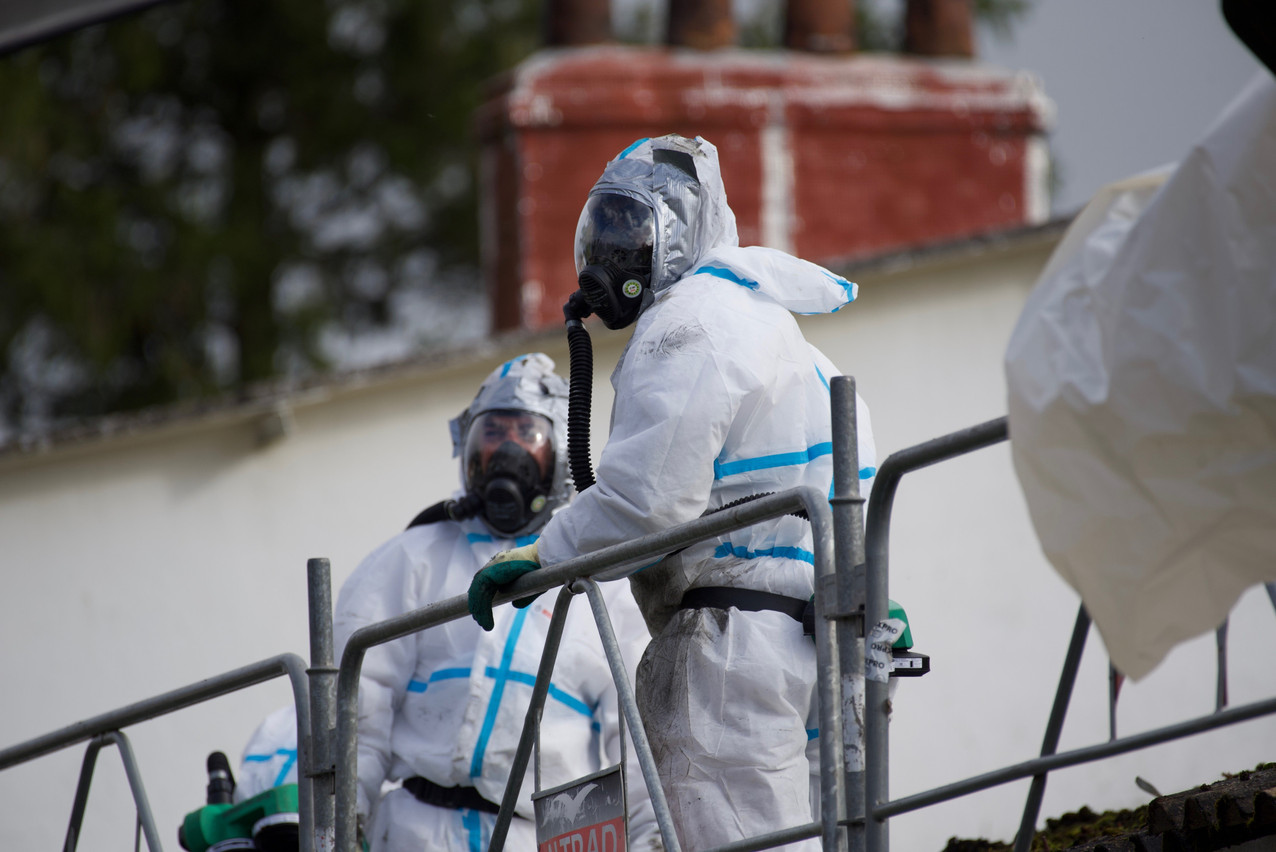The European Commission on 28 September presented a package promising an asbestos-free future and an improvement of the safety of workers who could be exposed to the material. Asbestos is present in many older buildings as over 220 million buildings built before the asbestos ban in 2005 used the substance.
The package proposes to reduce the exposure limit for workers from 0.1 fibres per cubic centimetre to 0.01 fibres per cubic centimetre, while improving the distribution of information surrounding the material and its dangers. A revision of the Asbestos at Work Directive, updated guidelines for member states and employers, and a revision of the EU protocol for Demolition Waste Management have also been included. Zero waste disposal of the material will also be studied further.
The EU commission also wants to better support victims of asbestos-related illnesses, it says in a It aims to do so by creating a new approach on cancer detection, and consulting the tripartite advisory committee on Safety and Health at Work.
“Last year we made a commitment before the European Parliament to address the important calls to action in its report on protecting workers from asbestos. One year later, the commission is presenting a series of measures that will not only offer better protection to workers, but will take a huge step towards an asbestos-free Europe,” said Luxembourg’s EU commissioner for jobs and social rights, , on the occasion.
Asbestos can lead to mesothelomia and lung cancer when inhaled, with first symptoms appearing on average 30 years after the initial exposure. In 2019, more than 70,000 people in the EU died from exposure to the product. Yearly between 4.1m and 7.3m workers are still exposed to the material.
The asbestos-free future package is part of the EU’s Beating Cancer Plan and the Zeo-Pollution Action Plan.
